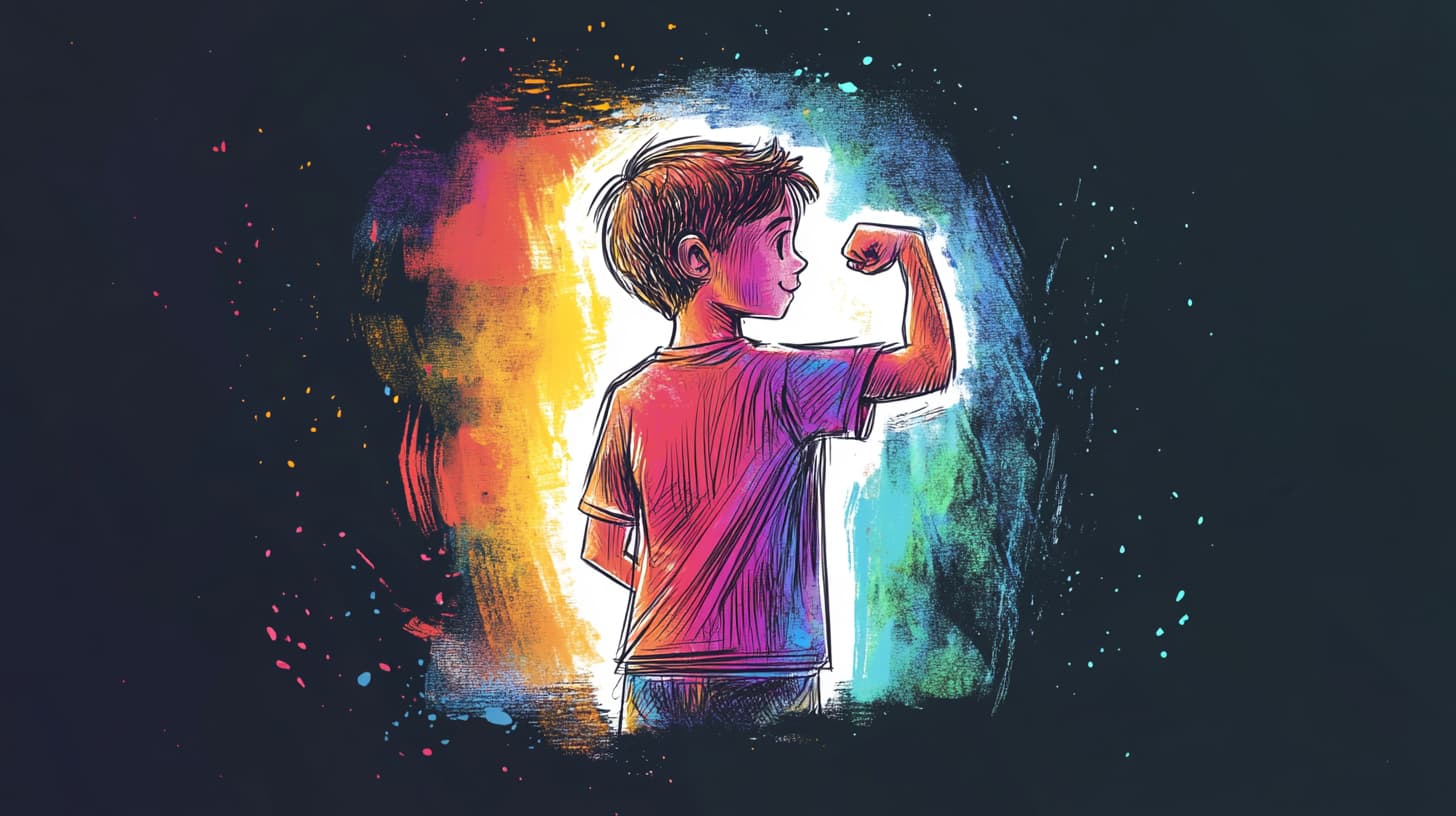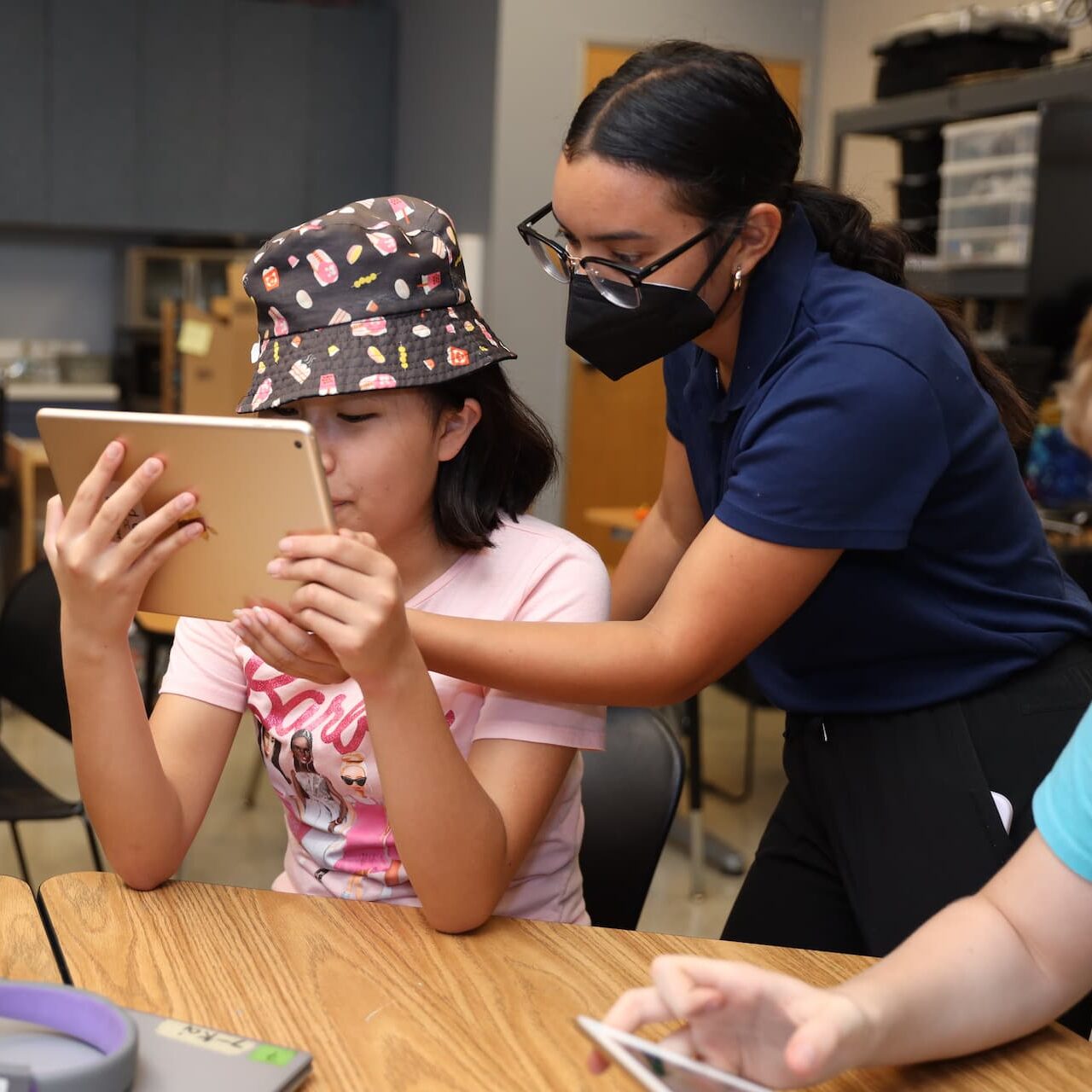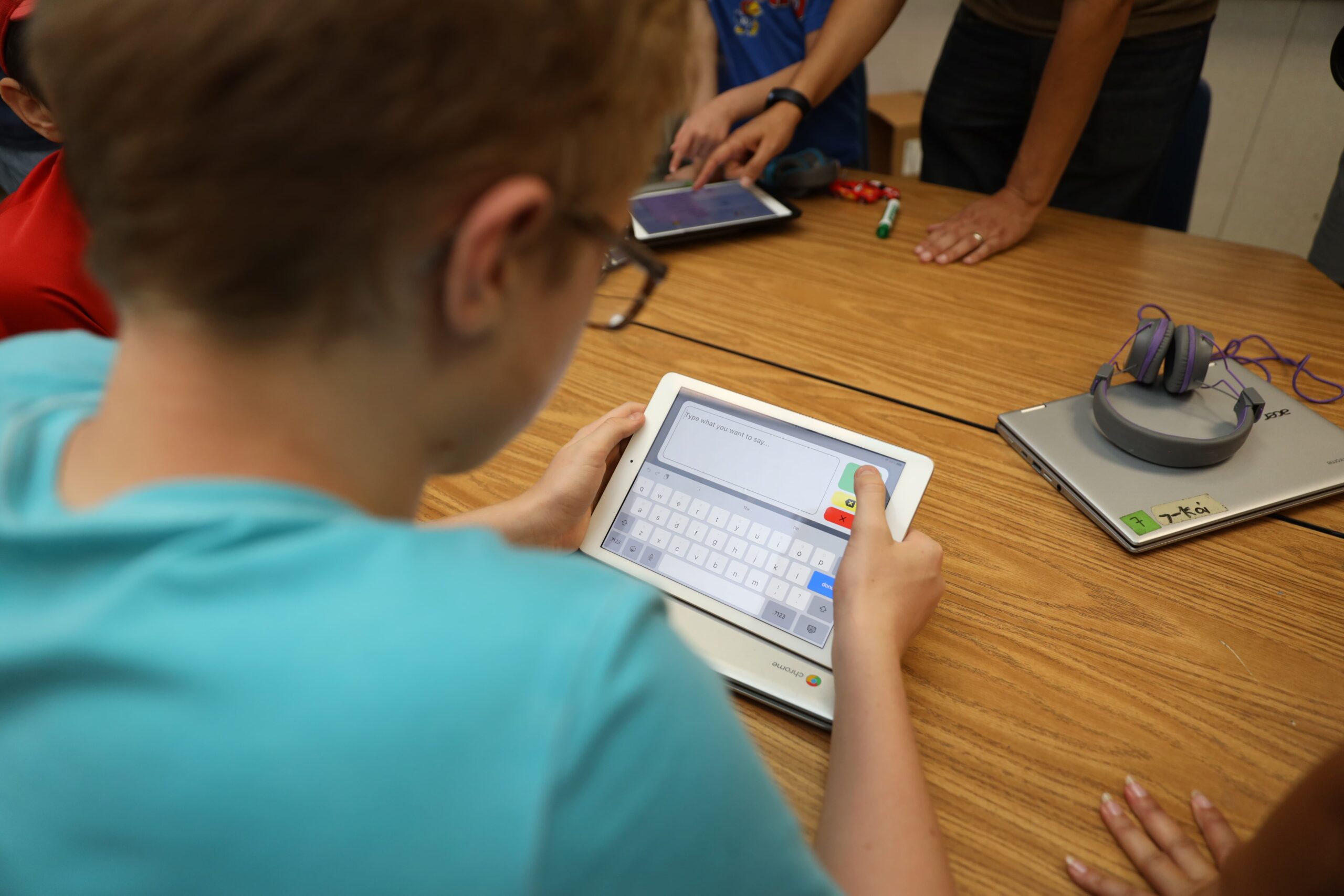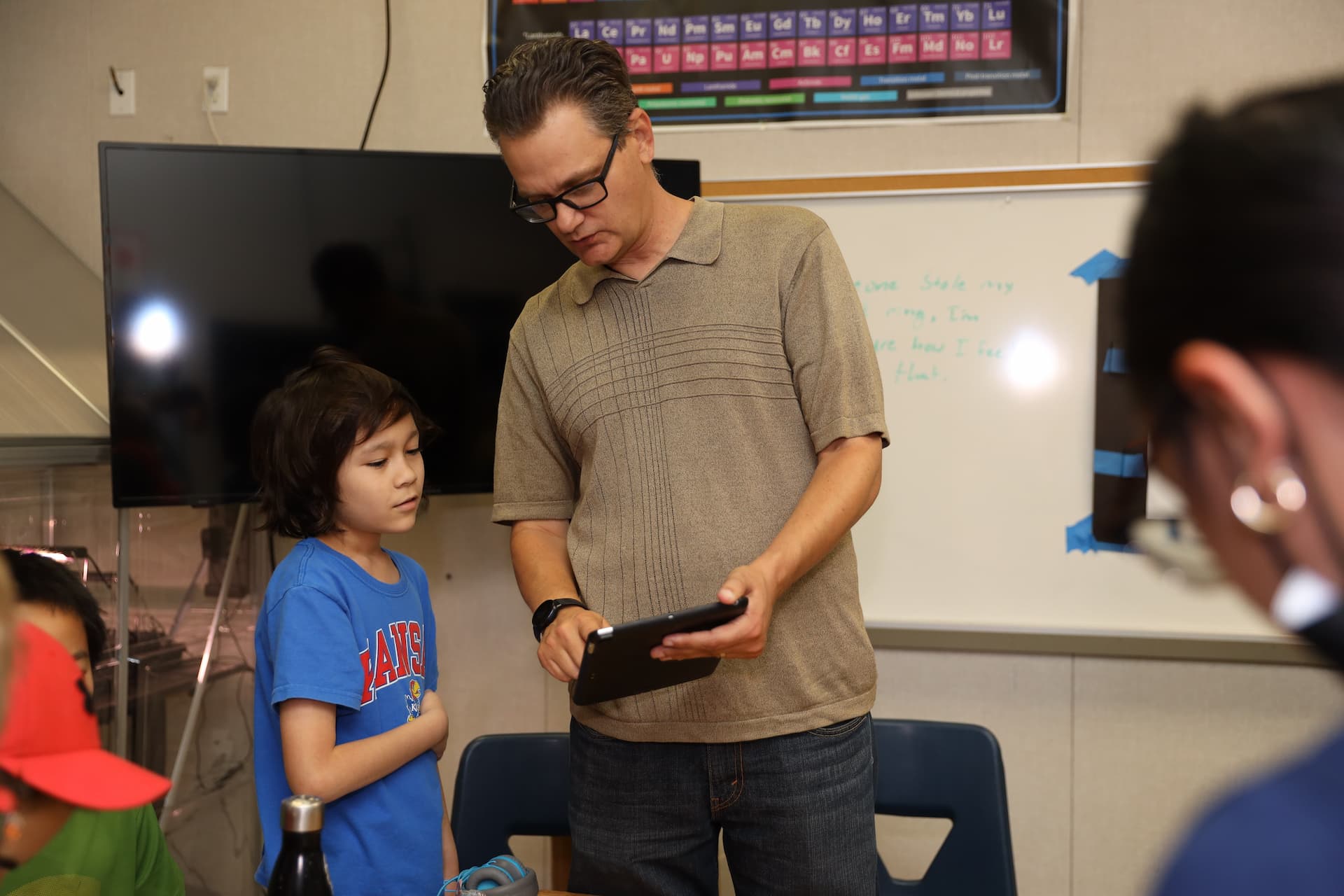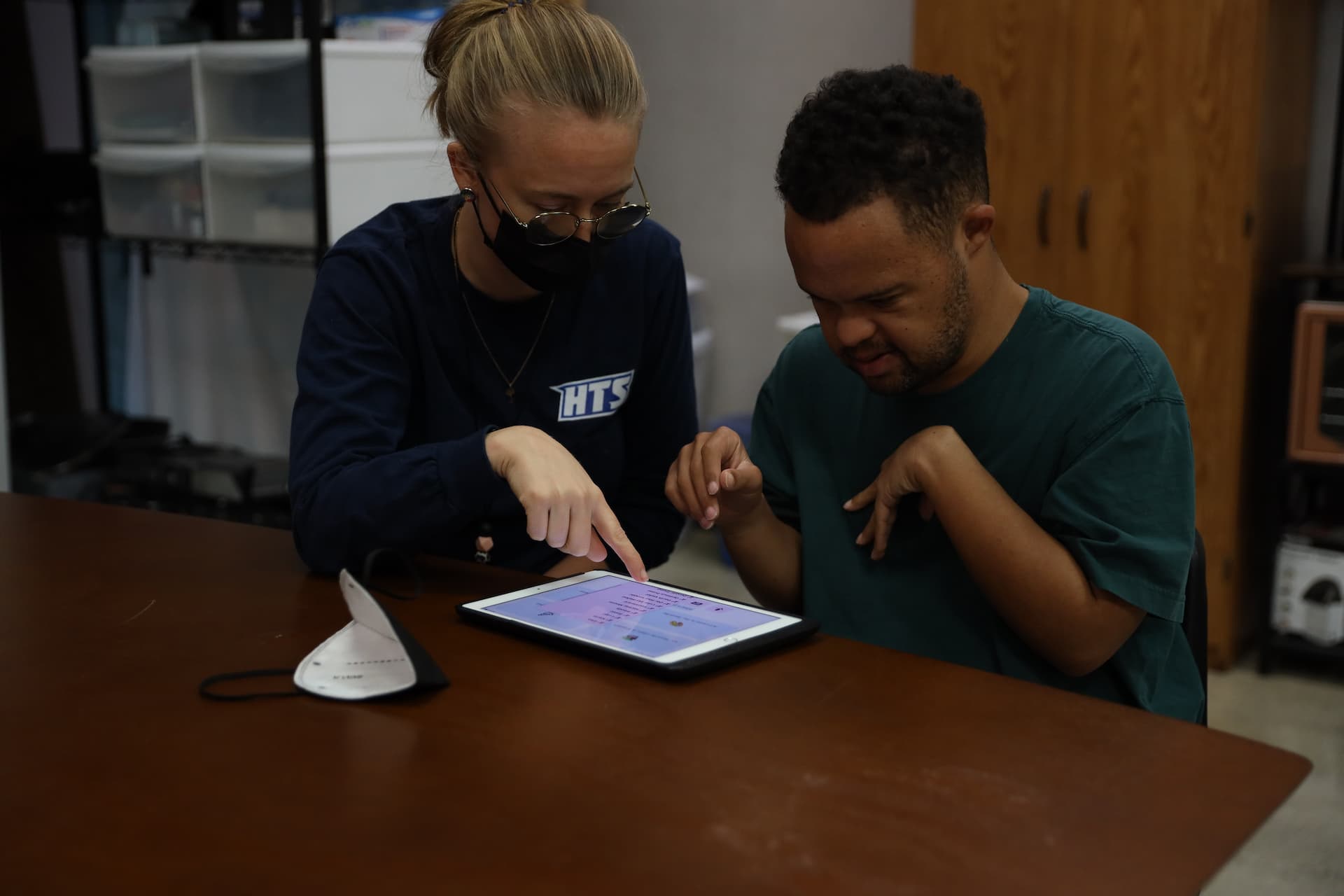About us
Overcoming human limits with inclusive technology
We believe technology should break barriers, not create them. Join us in building a world where everyone has the tools to thrive.


Our vision
We’re here to create technology that breaks barriers and changes lives
With deep compassion for the disabled community and access to top-tier engineering talent in the Bay Area, Digital Scribbler develops inclusive technologies that empower people to overcome their human limits and dismantle social barriers. Our research and technology enables full participation in society and enriches the human experience for all.
Our story
Our journey of compassion and innovation
On page 210 of its November 1994 issue, Forbes magazine carried an article by Peter Huber called “Silicon on the Bell Curve.” His eye-opening premise convinced me to see technology as a means of overcoming human limits:
The gap-widening argument is simple. Intelligence matters; in the age of information it matters more. It takes intelligence to use intelligence. Smart machines multiply whatever you’ve got — they effectively double your IQ, say. So the gap between smart and dumb gets wider.
But the bell curve thesis leaves unanswered this question: Why exactly should machine intelligence make small differences in human intelligence more important, not less? Maybe it will be the other way around: Maybe machines will make variations in human intelligence less important, not more so.
The advent of bulldozers certainly made it less important to be big and strong. Crane operators don’t have to be extremely tall; the crane supplies the height. No country that owns a surface-to-air missile is likely to worry about how many powerfully muscled javelin throwers it can muster. The technology that overcomes a human limit usually doesn’t amplify human differences. It’s more likely to even things out.
— Peter Huber, “Silicon on the Bell Curve” (Forbes, 1994)
Three years later, in January 1997, Hope Technology Group was founded with the mission of applying innovative technology to overcome the limits faced by individuals with special needs.
In October 1997, the potential for technology to transform lives became even more evident to me when I was invited to the MIT Media Lab International Symposium on Wearable Computers. I experienced the creation of transformative technologies by what Frank Moss, the Director of MIT Media Lab, called “Digital Magicians,” and I was inspired to think about how these innovations could be applied to the challenges faced by those with special needs.
Shortly after, Hope Technology Group began an Education Lab, where kids with special needs could experiment with technology on weekends alongside their neurotypical peers. At the same time, many of us parents on the team were experimenting with all types of technologies in our homes. Over time, it became clear that there was an incredible need for assistive technologies—specifically, Augmentative and Alternative Communication (AAC) tools—to help individuals with speech or writing limitations overcome these barriers. We call these and other tools like them inclusive technologies.
After years of experimenting with and applying these technologies in our homes, schools, and workplaces, Digital Scribbler was born in April of 2011. Alongside it came QuickTalk, an AAC solution that could turn any iOS or Android device into a powerful communication tool.
Now, in 2024, Digital Scribbler Inc. aims to become the world’s leading inclusive technology accelerator by partnering with organizations, following the MIT Media Lab model. With deep compassion for the special needs community and access to top-tier talent in the Bay Area, we are confident in our ability to lead. By integrating behavioral innovations and evolving into a think tank, we aim to broaden our impact, driving both technological and intellectual leadership in inclusive technology. These inclusive technologies empower people to overcome their human limits and dismantle social barriers, enabling full participation in society and enriching the human experience for all.

— Russ Ewell, Founder

